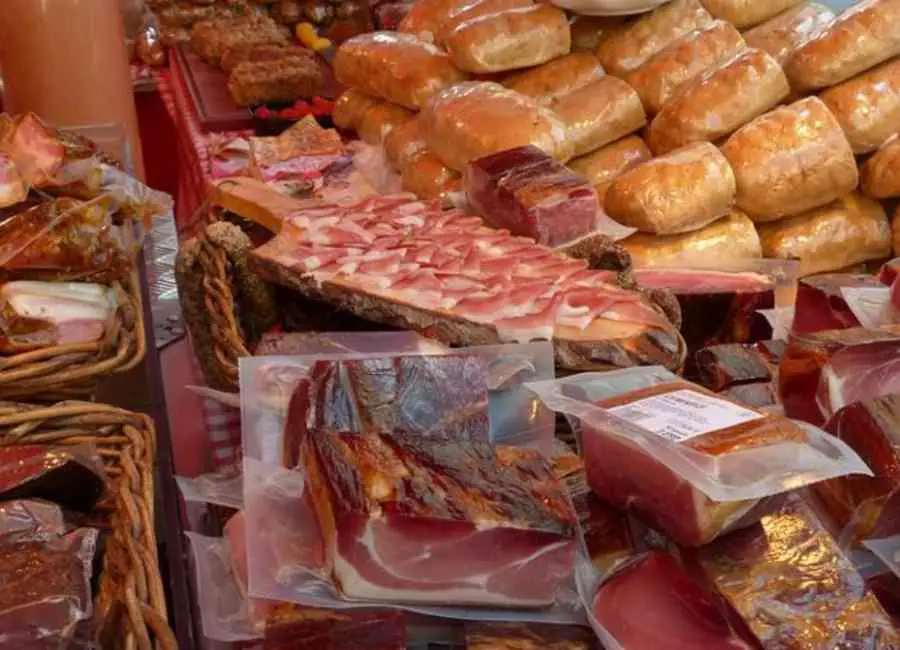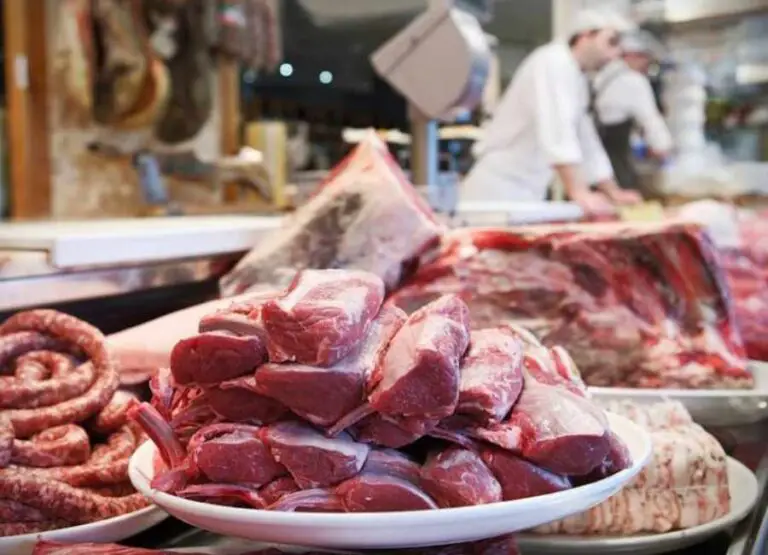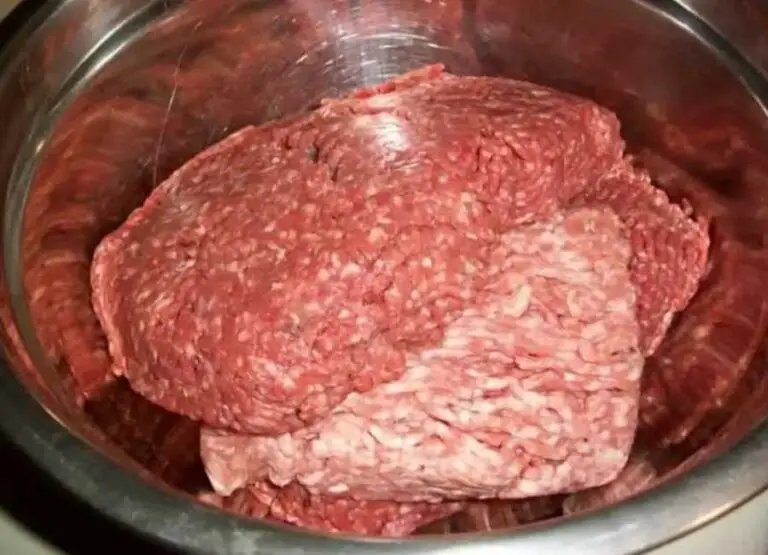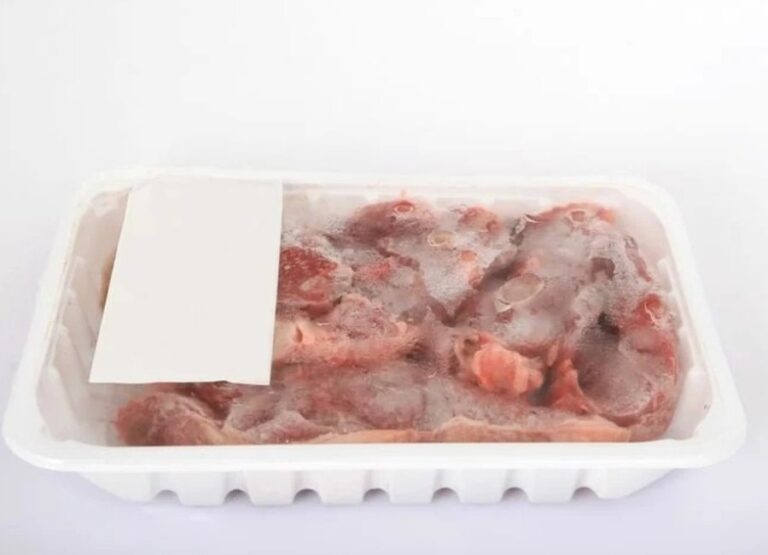Which Meats Have The Most Protein (Top Protein Meat)
People ask which meats have the most protein, in this post, we will outline the best source of meats with high protein value and answer some questions you may have about proteins and meat.
Before we proceed let’s first define the primary terms for better understanding, terms as protein and meat;
What is protein?
Protein is a macronutrient that is a naturally occurring, extremely complex substance that is essential to building muscle mass and consists of amino acid residues joined by peptide bonds.
Categories of protein
There are two main categories or sources of proteins which are as follows;
Animal-based protein
Animal-based proteins are the type of proteins that are derived from animal sources examples are as follows;
- Whey protein for dairy products
- lamb
- Casein for dairy products
- Egg
- Beef
- Turkey
- Chicken etc.
Plant-based protein
Plant-based proteins are the common types of proteins that are derived from plant sources, examples are as follows;
- Brown Rice
- Chickpea
- Soy
- Pea
- Most legumes
- Cowpeas etc.
Summary: without the combination of both animal and plant-based protein one can not say he or she has successfully taken complete protein.
Therefore, to get a complete protein meal you should do your best to combine both types of proteins even if it is in small amounts.
What is meat?
Meat can be said to be animal flesh that is eaten as food, and it is mainly composed of water, protein, and fat, including not only the muscles and fat but also the tendons and ligaments.
Classes of Meat
Here are the three main classes of meat that is available and every other meat that falls into this category;
- Red meat for example (Beef, Goat, Lamb, etc.)
- White meat for example (Chicken, Turkey, etc.)
- Seafood for example (some Fish, Crab, Lobster, etc.)
What is the recommended meat intake?
Studies have observed that too much consumption of meat is associated with diseases such as heart disease or colon cancer, therefore, it is highly recommended that the daily intake of meat should be between 50-85 grams and meat should not be taken on a daily basis.
What is the recommended protein intake?
According to Healthline, the recommended protein intake should be 0.8 grams per kg of body weight, therefore, on average both males and females should take daily protein of about 56 grams and 46 grams respectively.
Now we are done defining the basic terms, let’s get down to the main question of the day…
Which Meats Have The Most Protein
Note: The ranking is based on the protein content per 100 grams
Here are the top meats with the most protein content.
| S/n | Type of meat | Protein per 100 gram |
| 1 | Turkey Breast | 30 grams |
| 2 | Bison steak | 26.4 grams |
| 3 | Elk steak | 26 grams |
| 4 | Pork Loin | 26 grams |
| 5 | Emu steak | 25.3 grams |
| 6 | Beefsteak | 25.1 grams |
| 7 | Ostrich steak | 24.7 grams |
| 8 | Rabbit limbs | 24.7 grams |
| 9 | Bison ground | 24.5 grams |
| 10 | Deer (venison) | 24.3 grams |
| 11 | Ground Beef | 24 grams |
| 12 | Anchovies | 24 grams |
| 13 | Salmon | 24 grams |
| 10 | Chicken breast | 23.6 grams |
| 11 | Goat steak | 23.4 grams |
| 12 | Beef liver | 23 grams |
| 13 | Halbut | 23 grams |
| 14 | Tuna | 22.6 grams |
| 15 | Frozen Shrimp | 21 grams |
| 16 | Ground Turkey | 21 grams |
| 17 | Sardines | 21 grams |
| 18 | Tilapia | 20–25 grams |
| 19 | flounder | 20–25 grams |
| 20 | Haddock | 20–25 grams |
| 21 | Pollock | 20–25 grams |
| 22 | Lamb | 20 grams |
| 23 | Mackerel | 20 grams |
Frequently Asked Questions And Answers About High-quality Protein Meats
Here are some frequently asked questions about high-quality protein meats and their answers;
Which is higher in protein chicken or beef?
According to research beef contains more calories and fats, than chicken which is higher in protein, therefore, if you want more animal protein it is better to go for chicken breast than to go for beef.
Let’s put up a small table to show the differences between the two;
Differences between Chicken and Beef
| Difference | Chicken meat | Beef meat |
| Calories | fewer calories | more calories |
| Fats | less fat | more fat |
| Protein | more protein | less protein |
| Cholesterol | equal | equal |
| Carbohydrates | less | less |
| Minerals | less | more |
| Vitamins | more | less |
Read more about meat:
- Can Red Meat Cause Cancer: What You Should Know.
- Why Red Meat Is Bad For You: 7 Things You Should Know.
- Does Red Meat Cause Colon Cancer: What You Should Know
What are the top 10 protein foods?
According to WebMD, here are the top 10 high-quality protein foods you should know about;
- White-meat poultry
- Fish
- Eggs
- Lean pork
- Beans
- Seafood
- Skim or low-fat milk
- Skim or low-fat yogurt
- Fat-free or low-fat cheese
- Lean beef
Does chicken or pork have more protein?
Chicken and pork are generally high protein meat, however, pork has 25.7g of protein per 100 grams and chicken has 23.3g of protein, which means that pork has a little more protein (10%) than chicken by weight.
What are the 3 top sources of protein?
According to research, the 3 top sources of protein are poultry, fish (seafood), and dairy products, other good sources of protein are; nuts and seeds, and beans.
Therefore, it is recommended to combine both animal and plant protein to get the best quality of protein.
What is the healthiest animal to eat?
Animal meat is generally healthy to eat when properly prepared, however, the healthiest animal meat to eat is a slice of meat coming from turkey, chicken, pork, fish, and buffalo (Bison).
What protein is healthiest?
According to Healthline, the healthiest protein are white meat poultry, white-fleshed fish, plain Greek yogurt, beans, peas, and lentils. These protein sources are safe when consuming them in moderation.
What happens if you don’t get enough protein?
It is important to note that lack of protein can make you lose muscle mass for a long time, which in turn cuts your strength and makes it harder to keep you balanced, as well as slows down your metabolism rate.
Lack of proper intake of protein can also lead to anemia when your cells don’t get enough oxygen, which makes you tired.
What are the signs of protein deficiency?
Here are the signs of protein deficiency in both children and adults;
- Loss of muscle mass
- Nail problems
- Skin problems
- Hair problems
- Increased calorie intake
- Increased risk of bone fractures
- Risk of infections
More interesting topics:
- How Much Smoked Meat Is Safe To Eat: The Bottom Line.
- How Is Meat Bad For You: 10 Risk Factors You Should Know.
- 6 Major Red Meat Sources You Should Know.






![Do You Flip Meat When Smoking [Answered]](https://foodcreeks.com/wp-content/uploads/2023/02/Do-You-Flip-Meat-When-Smoking-768x555.jpg)
